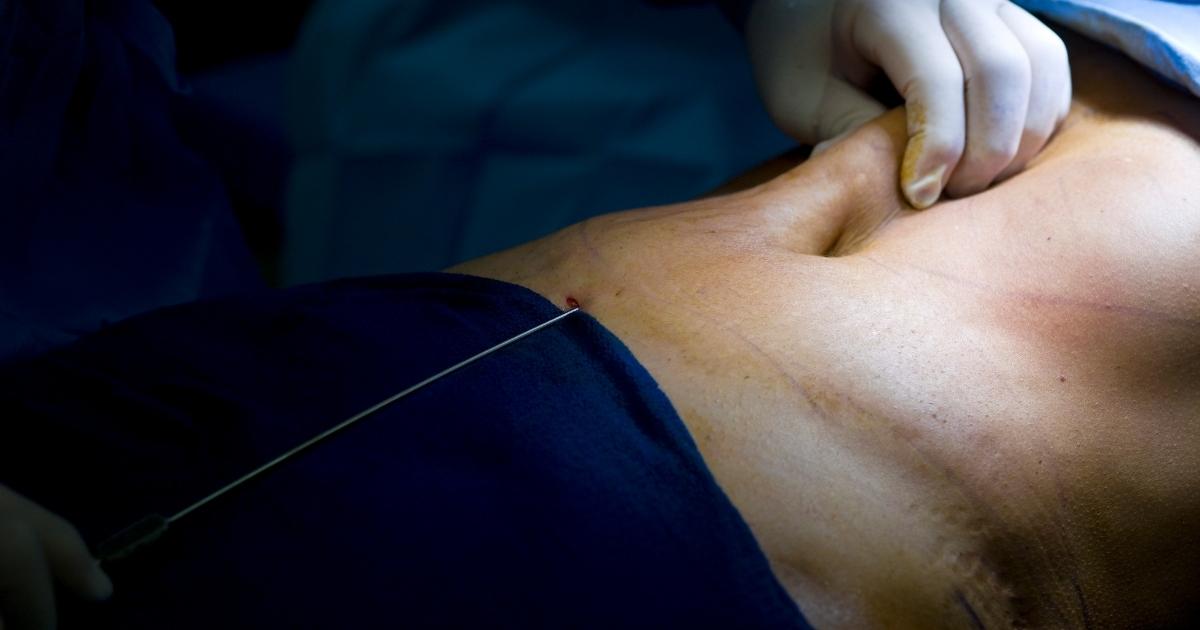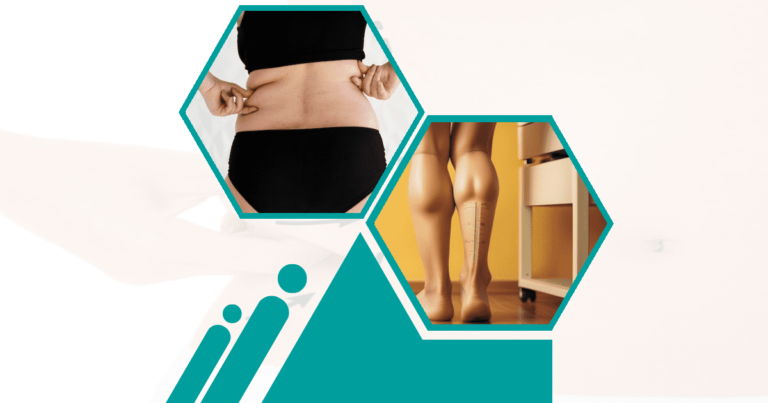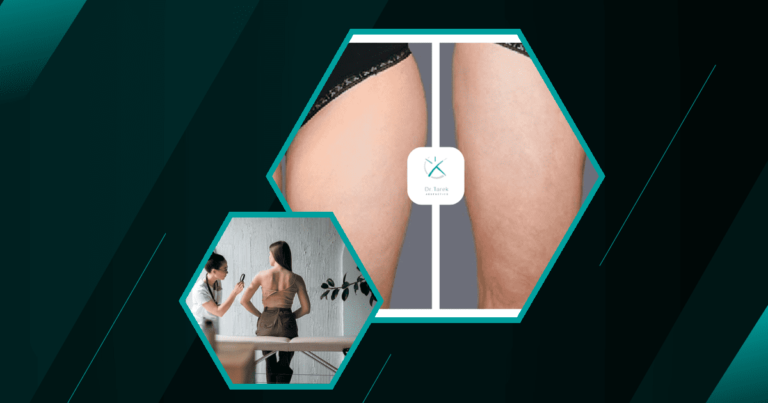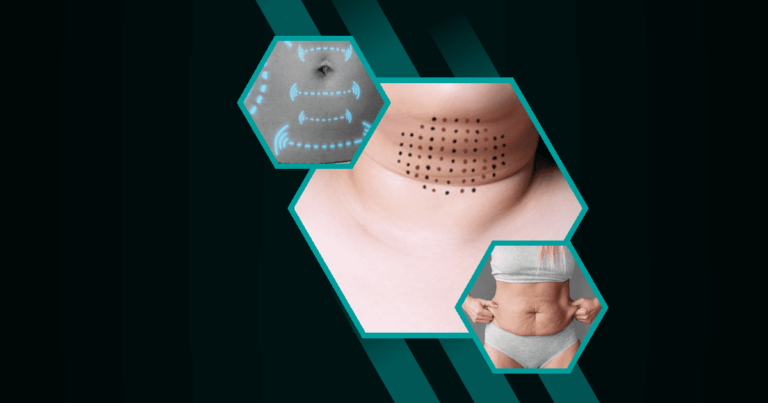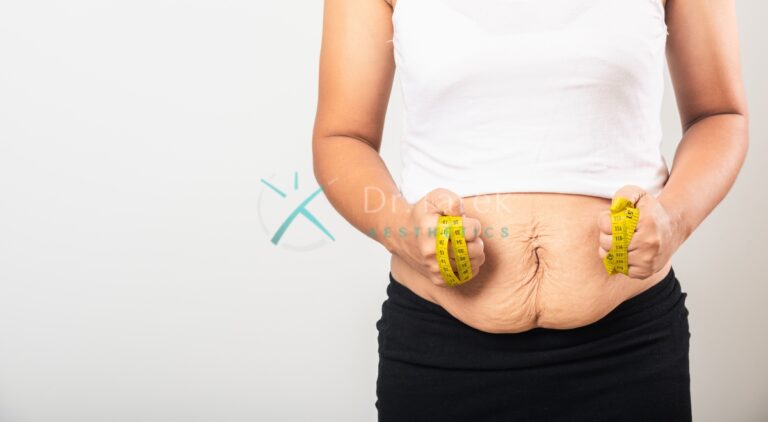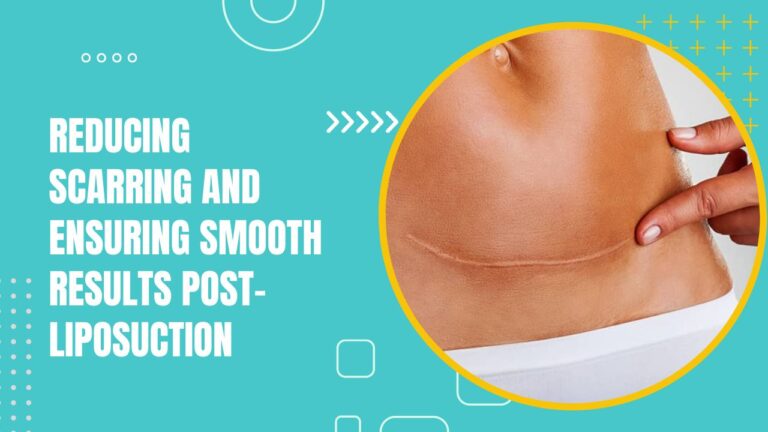Smoking poses unique risks and complications for individuals considering liposuction, a popular body contouring procedure. This comprehensive guide explores the intricate connection between liposuction and smoking. Its goal is to help readers grasp the significance of liposuction and equip them with effective preparation strategies to minimise potential risks.
Liposuction and Smoking: Impact on General Health
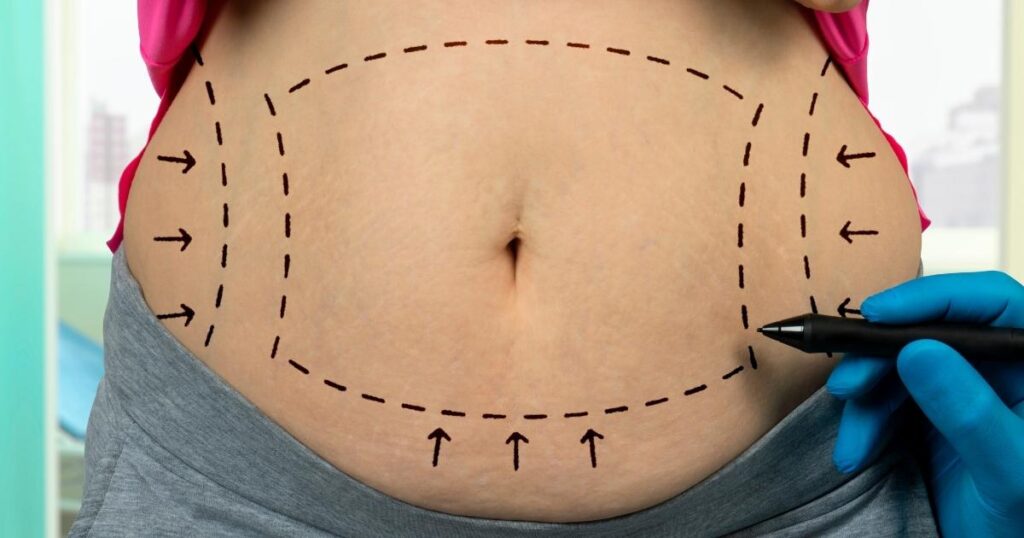
Smoking is widely recognized as a significant health risk, contributing to numerous chronic conditions such as heart disease, stroke, and cancer. It negatively affects almost every organ in the body, compromising overall well-being. Moreover, smoking hinders the body’s healing process, which is particularly crucial in surgical processes.
- The harmful effects of toxic substances, such as nicotine in cigarettes, lead to the narrowing of blood vessels. This unfortunate consequence greatly disrupts the delivery of much-needed oxygen and essential nutrients to various body tissues.
- Smoking considerably decreases lung capacity, which presents substantial challenges during anesthesia and the process of postoperative recovery.
- Additionally, it compromises the immune system, heightening susceptibility to infections and impeding the body’s natural healing process.
Smoking and Its Effect on Surgical Procedures
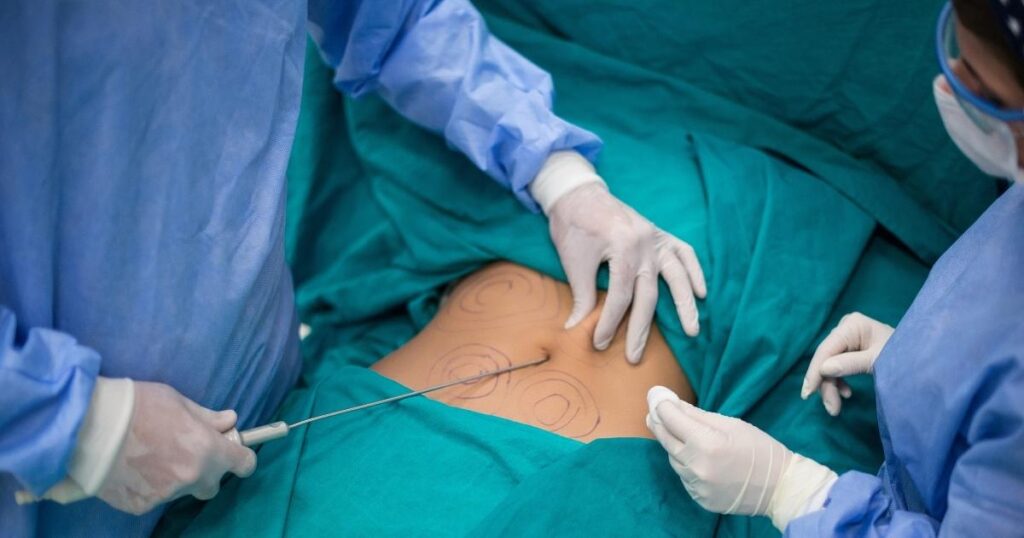
Smoking significantly impacts surgical outcomes, increasing the risk of complications during and after surgery. This adversely affects wound healing and overall recovery. Additionally, individuals who smoke are more likely to experience postoperative pain and express dissatisfaction with the results of their surgical procedures.
| Effect of Smoking | Description |
| Increased risk of complications | Due to impaired blood circulation and oxygen supply |
| Higher risk of infections | Because of a weakened immune system |
| Slower recovery | Healing processes are slowed down by the effects of smoking |
Specific Implications of Smoking on Liposuction
In the context of liposuction, the negative impacts of smoking assume even greater significance. Individuals who smoke and undergo liposuction procedures are more prone to experiencing challenges in wound healing, skin necrosis, and extended recovery periods. These inherent risks underscore the utmost importance of quitting smoking before undergoing such a procedure.
Book A Consultation With Dr Tarek Bayazid
Top-rated Plastic Surgeon For Liposuction in Dubai
Installment Plan Available
- Smokers may experience cutaneous necrosis (tissue death) post-liposuction due to decreased blood flow.
- Smokers may experience increased bruising and edema following the procedure.
- Additionally, smokers may have an increased risk of post-operative infection.
Preoperative Care: How to Prepare for Liposuction as a Smoker
Preparing for liposuction involves several important steps, particularly for individuals who smoke. It is highly recommended that patients cease smoking several weeks before the surgery to minimise potential complications. Additionally, maintaining regular consultations with the surgeon and adhering to their instructions are essential elements of the preparation process.
| Preoperative Care | Recommendation |
| Smoking cessation | At least two weeks to a month before the procedure |
| Health assessments | Regular check-ups and possibly additional tests |
| Lifestyle modifications | A balanced diet and regular exercise |
Strategies for Quitting Smoking Before Liposuction
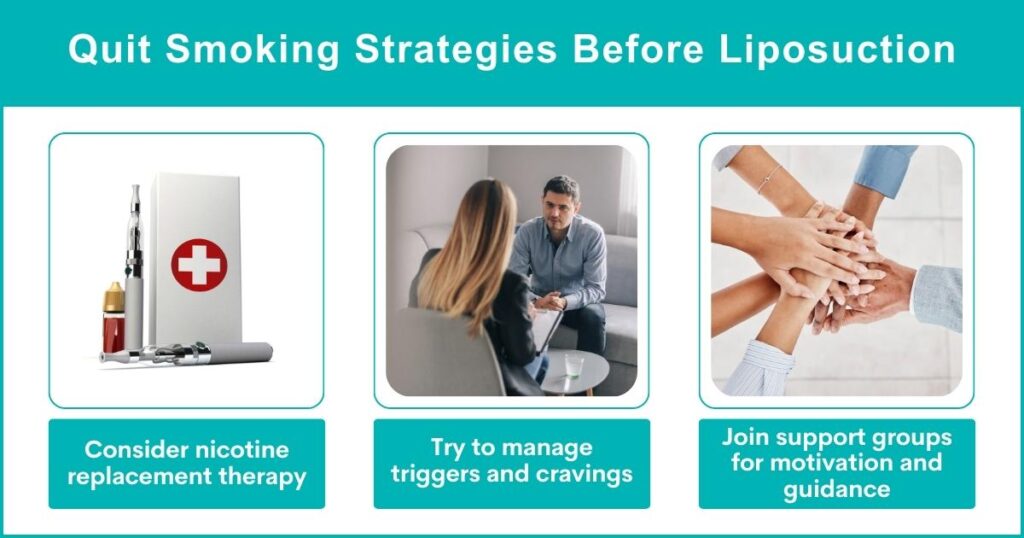
Quitting smoking is a crucial step towards achieving successful liposuction. There are various strategies to assist individuals in quitting, including nicotine replacement therapy, counseling, and support groups. Personalised plans based on individual smoking habits and overall health may be necessary.
| Strategy | Description |
| Nicotine replacement therapy | Use of patches, gum, or prescription medications |
| Counselling | Behavioural therapy to identify triggers and manage cravings |
| Support groups | Assistance from friends, family, and professional groups |
The Importance of Post-Liposuction Care for Smokers
Proper post-liposuction care is crucial for a smooth recovery, particularly for smoking individuals. Following the instructions provided by the surgeon, taking prescribed medications, and maintaining a healthy lifestyle can significantly contribute to the healing process. Even after undergoing liposuction surgery, it is advisable for smokers to continue their efforts to quit smoking.
- Regularly following up with the surgeon enables effective monitoring of recovery progress and facilitates proactive management of any potential complications.
- Adequate rest, proper nutrition, and moderate physical activity can speed recovery.
- Continued smoking cessation is crucial to maintain the results of liposuction and overall health.
Complications and Risks: Understanding the Long-Term Effects
The potential consequences of smoking and undergoing liposuction extend beyond the immediate postoperative period. Smokers may experience long-term health issues and compromised surgical outcomes as a result. By understanding these risks, individuals considering liposuction can be motivated to quit smoking beforehand.
| Potential Complication | Description |
| Irregular contours & asymmetry | Due to poor skin elasticity and slower healing |
| Permanent tissue damage | From continued smoking and impaired healing |
| Poor aesthetic outcomes | Resulting from the factors mentioned above |
Personal Stories: Recovering from Liposuction as a Former Smoker
Personal stories provide valuable firsthand insights into the experiences of individuals who have undergone liposuction after quitting smoking. These narratives offer educational and motivational aspects, illustrating the advantages of stopping smoking before surgery. Additionally, they shed light on the obstacles faced during recovery and the effective strategies to overcome them.
- These narratives often highlight how quitting smoking before surgery can lead to better recovery and higher satisfaction rates.
- The struggles of quitting smoking can be better understood through personal stories, which offer valuable real-life insights.
- They can also illustrate the potential for positive lifestyle changes post-surgery.
Prevention and Awareness: Communicating the Dangers of Smoking and Liposuction
Public awareness is crucial in preventing complications and promoting healthier outcomes related to smoking and liposuction. Educational efforts should prioritise conveying the risks of smoking and the benefits of quitting before surgery. The collaboration between medical professionals, media outlets, and former patients plays a significant role in spreading this vital knowledge.
- Awareness campaigns can disseminate critical information about smoking and liposuction.
- Medical professionals can provide personalised counselling and support for smoking cessation.
- Former patients’ testimonials can be a powerful tool to motivate potential surgical candidates to quit smoking.
The interplay between liposuction and smoking is crucial in determining the success of the procedure and the recovery process. Understanding this relationship is vital for individuals who smoke and consider liposuction. By taking necessary precautions, such as quitting smoking well before the procedure, individuals can significantly enhance their outcomes and enjoy a smoother, safer recovery. While liposuction offers remarkable body contouring benefits, smokers should be aware of the associated risks and plan accordingly.
If you are considering liposuction and desire outstanding results, book a consultation with Dr Tarek Bayazid today. Known as one of Dubai’s top plastic surgeons, Dr Tarek specialises in facial rejuvenation and body contouring procedures. His patient-centered approach and unwavering commitment to excellence guarantee that you will receive the highest quality care while achieving your desired aesthetic goals.
FAQs
How long before liposuction should I quit smoking?
Most surgeons advise individuals to quit smoking for at least 2-4 weeks before surgery. It is important to note that the longer one can refrain from smoking before the procedure, the more favourable the expected outcomes are likely to be.
Can I smoke after liposuction surgery?
Resuming smoking after surgery is strongly discouraged. This practice can significantly impede the healing process, elevate the risk of complications, and potentially compromise the cosmetic outcome of the procedure.
What are the specific risks for smokers undergoing liposuction?
Smokers undergoing liposuction are more likely to have complications such as poor wound healing, infection, skin necrosis (tissue death), increased bruising and swelling, and longer recovery times. Smoking can also affect anaesthesia, leading to potential intraoperative and postoperative complications.
How does smoking affect the healing process after liposuction?
Smokers who undergo liposuction increase their chances of encountering various complications. These may include poor wound healing, infection, skin necrosis (tissue death), increased bruising and swelling, and prolonged recovery times. Additionally, smoking can impact anesthesia administration, leading to potential intraoperative and postoperative complications.
What are the different types of liposuction procedures available?
Several types of liposuction procedures exist, including traditional liposuction, tumescent liposuction, power-assisted liposuction (PAL), ultrasound-assisted liposuction (UAL), and laser-assisted liposuction (LAL). Each method employs distinct techniques to eliminate excess fat and sculpt the body.
